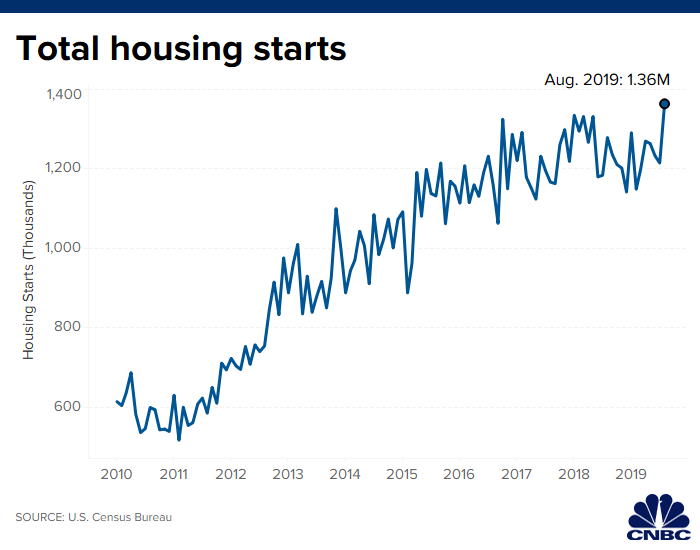● Paper Dragons: China and the Next Crash
By Walden Bello
Summary via publisher (ZED Books)
Emerging relatively unscathed from the banking crisis of 2008, China has been viewed as a model of both rampant success and fiscal stability. But beneath the surface lies a network of fissures that look likely to erupt into the next big financial crash. A bloated real-estate sector, roller-coaster stock market, and rapidly growing shadow-banking sector have all coalesced to create a perfect storm: one that is in danger of taking the rest of the world’s economy with it. Walden Bello traces our recent history of financial crises – from the bursting of Japan’s ‘bubble economy’ in 1990 to Wall Street in 2008 – taking in their political and human ramifications such as rising inequality and environmental degradation. He not only predicts that China might be the site of the next crash, but that under neoliberalism this will simply keep happening.
Continue reading
Research Review | 20 September 2019 | Factor Investing
Momentum with Volatility Timing
Yulia Malitskaia (VKY Analytics)
July 9, 2019
The growing adoption of factor investing simultaneously prompted the active topic of factor timing approaches for the dynamic allocation of multi-factor portfolios. The trend represents a natural development of filling the gap between passive and active management. The paper addresses this direction by introducing the volatility-timed winners approach that applies past volatilities as a timing predictor to mitigate momentum factor underperformance for time intervals spanning the market downturn and post-crisis period. The proposed approach was confirmed with Spearman rank correlation and demonstrated in relation to different strategies including momentum volatility scaling, risk-based asset allocation, time series momentum and MSCI momentum indexes. The corresponding analysis generalized existing volatility scaling strategies and brought together the two branches of the smart-beta domain, factor investing and risk-based asset allocation.
Continue reading
Macro Briefing | 20 September 2019
Iran threatens “all-out-war” if US attacks in reponse to Saudi attacks: WaPo
Oil on track for 7% gain this week in the wake of Saudi attacks: Reuters
FedEx pilot arrested in China, raising tension with US: CNN
US is temporarily exempting hundreds of Chinese products from tariffs: CNBC
World growth is “fragile,” says incoming ECB President Christine Lagarde: MW
US Leading Economic Index steady in August after strong gain in July: CB
US jobless claims continue to point to healthy labor market: CNBC
Philly Fed’s mfg index: moderately strong growth rate in Sep: Philly Fed
US existing home sales rose to highest level in over a year in Aug: Bloomberg
US Business Cycle Risk Report | 19 September 2019
Slow growth continues to dominate the US economic profile, and the trend could weaken further in the months ahead. But the downshift has yet to trigger a credible recession warning. Although some indicators suggest otherwise – including the inverted Treasury yield curve – a broad reading of economic and financial data still points to a modest expansion in the recent past—and for the immediate future.
Macro Briefing | 19 September 2019
Fed cuts rates by 1/4 point, drawing criticism from Trump: Politico
Fed lost control of key interest rate early this week: CNBC
OECD: global growth expected to ease to slowest pace in a decade: WSJ
US discussing with Gulf allies possible responses to Saudi attacks: Reuters
UK Supreme Court’s hearing of case against prime minister ends today: Reuters
Former Fed official: trade-war uncertainty, not tariffs, weighing on economy: CNBC
US housing starts rose to 12-year high in August: CNBC
Beware The Wild West Of Recession Analytics
The casual consumer of economic news may be tempted to lump the recent surge in recession warnings as one of a kind. But the quality and reliability in this corner of macro analytics varies widely and so it’s essential to recognize the basics for how and why business cycle profiles diverge.
Macro Briefing | 18 September 2019
Fed expected to cut rates today, for second time this year: WSJ
Saudi Arabia set to show evidence of Iran link in oil facility attacks: Reuters
Oil exports will continue as normal, Saudi Arabia says: Bloomberg
Israel election, second in 5 months, results in deadlock: BBC
An economic crisis for Latin America is lurking: NY Times
Eurozone inflation stable in Aug, at lowest pace in nearly 3 years: Reuters
UK inflation slips to slowest pace since 2016: Bloomberg
US manufacturing activity rebounded in August, Federal Reserve reports: CNBC
US homebuilders remain bullish in September on housing outlook: NAHB
Will The Recent Rally In Value Stocks Last?
September has been kind to undervalued shares, offering investors a reason to wonder if this long-suffering slice of the US equity market is finally due to lead over its growth counterparts. A few weeks is hardly a reliable gauge, but hope springs eternal… again.
Macro Briefing | 17 September 2019
Oil shock creates new uncertainty for global economy: CNN
Oil market weighs the impact from attacks on Saudi production: NY Times
Oil prices pull back after Monday’s surge: Reuters
US gasoline prices set to rise after spike in oil prices: Bloomberg
Iran ‘will never talk to America,’ supreme leader says: CNBC
The Fed is divided but expected to cut interest rates this week: Reuters
Israelis go to polls today for the 2nd time in 5 months: Politico
German economic sentiment rebounds in Sep after sharp slide: Investing.com
NY Fed Mfg Index reflects sluggish growth in September: NY Fed
Oil spiked on Monday after weekend attacks on Saudi Arabia: CNBC

Foreign Stocks Topped Last Week’s Market Gains
Equities ex-US posted the strongest increases last week for the major asset classes, based on a set of exchange traded funds. But on Monday morning that rally suddenly looks like ancient history after the attacks on oil-production facilities in Saudi Arabia over the weekend.



